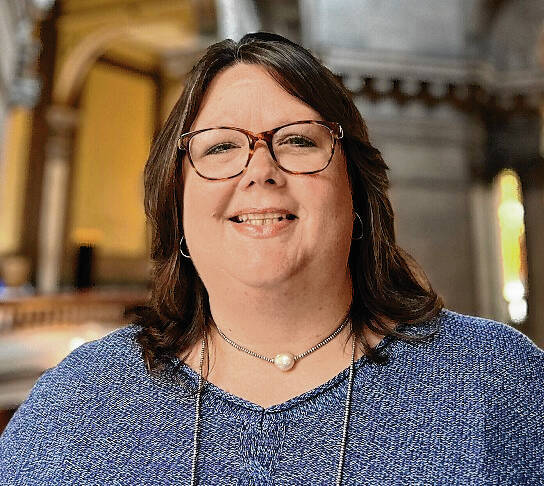Republican Richard Nixon and Democrat John F. Kennedy appeared in the first-ever televised debate between presidential candidates on Sept. 26, 1960. More than 65 million Americans watched.
Fast forward more than half a century, and 67 million Americans tuned in Tuesday night to watch Republican Donald Trump and Democrat Kamala Harris square off.
So, it’s not that people aren’t watching. But they have become so entrenched they can’t look beyond their biases to assess proposals or even a performance.
Nowadays, people watch just to see their own beliefs confirmed, not to learn and be open to new ideas.
On Tuesday, I was wrapped up with work and missed most of the event. So, I jumped on social media see how it was going. The result was jarring — a little bit like seeing two parallel universes side by side.
There was no nuance or objectivity. If a person supported Trump, they believed he won easily. If they favored Harris, they saw her as triumphant.
I desperately hope a lot of Americans who aren’t as set in their choices watched with an open mind. I imagine some did. Not everyone lives on social media like I do.
If Joe Biden’s disastrous performance in late June doesn’t convince you that debates matter, I don’t know what will. Without that event, Harris would not be the Democratic nominee now.
Trump said Thursday there won’t be another debate. It is surprising that he would give up an opportunity to speak directly to voters. Especially given how close the race is.
More than national debates
That can’t be said for some other debates here in Indiana.
Both Third District Congressman Jim Banks, who is running for U.S. Senate, and Mark Messmer, who is seeking the eighth congressional seat, have declined to debate their opponents.
On one hand, I understand. Both men are virtually assured election due to overwhelming GOP support in solidly red state Indiana. So why put themselves in a position where one slip of the tongue could torpedo a win?
One reason is that debating helps sharpen policy ideas and proposals as you prepare to defend and explain them to citizens.
Messmer’s campaign manager Adam Johnson said, “Mark’s track record and longstanding connection with the 8th district give voters the clarity they need on where he stands. As a campaign, we remain committed to providing ample opportunities for voters to continue to engage with Mark personally.”
Banks didn’t return a message this week about debates though earlier this year said he was focused on representing northeast Indiana, spending time with family and running a statewide campaign.
“He will entertain debate options as we get closer to Election Day,” a campaign spokesperson told the Indiana Capital Chronicle in August.
If Banks refuses to debate Democrat Valerie McCray and Libertarian Andrew Horning, it would be a first for the Indiana Debate Commission.
Since the commission’s founding in 2008, 100% of the balloted candidates running for U.S. Senate and governor have participated in IDC-sponsored debates which are broadcast live and shared freely with media outlets statewide.
Heck, I would even settle for joint town halls with alternating questions. They seem to come with less pressure, and I like the idea of letting citizens ask questions directly.
There are still two months left before Election Day, and I hope Banks, Messmer and other candidates around the state agree to stand up and debate. Let their constituents take full measure and cast their ballots as they choose.
Niki Kelly is editor-in-chief of indianacapitalchronicle.com, where this commentary first appeared. She has covered Indiana politics and the Indiana Statehouse since 1999 for publications including the Fort Wayne Journal Gazette. Send comments to [email protected].





